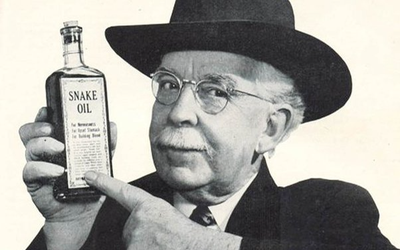
Designed on Canva
More Than Just Opponents: The Barriers Women Face In Chess
Chess is fair—until it isn’t." It’s often called the ultimate meritocracy, where only skill should matter. But while the board may be neutral, the world around it isn’t. The debate on the Lichess forum as regards my previous post reminded me just how many people still believe women face no real barriers in chess. Yet history, data, and countless lived experiences say otherwise.Chess is often praised as the ultimate meritocracy where only skill and ability should matter. And in theory, that’s true because the board itself doesn’t care who moves the pieces. But in practice, the chess world isn’t as fair as the game itself. Historical exclusion, cultural biases, unequal access to training, and psychological barriers have made it harder for women to reach the top. A debate on the Lichess forum as regards my previous post made it clear that many people still believe women face no real barriers in chess. But history, data, and lived experiences tell a different story.
For most of chess history, women were outright excluded from competitive play. Clubs and tournaments were male-only spaces, blocking women from access to training and opportunities. Even as those restrictions lifted, stereotypes remained. In 1986, Susan Polgár qualified for the “Men’s” World Championship but was denied entry simply because she was a woman. And even today, outdated views persist. Grandmaster Nigel Short once claimed men are “hardwired” to be better at chess than women. When people argue that chess has no barriers, they overlook the fact that women have had to fight just to participate.
Today, only about 11% of rated U.S. Chess Federation players are women, and just two have ever broken into the world’s top 100. Some claim this is just a matter of interest and ability, suggesting that women simply aren’t as drawn to or as skilled at the game. But that argument ignores the cultural factors at play. Boys are encouraged to take chess seriously, while girls are often subtly discouraged. Seeing few female role models only reinforces the idea that chess isn’t “for them.” The more male-dominated the game remains, the harder it is for women to enter and thrive, not because of ability, but because of barriers that shape who gets to succeed..
Psychological barriers also play a role. Studies show that when women are reminded of gender stereotypes before a match, their performance suffers—a phenomenon known as stereotype threat. Structural issues add to this; research indicates that parents and coaches invest more time and resources into training boys, assuming they have greater potential. Meanwhile, women’s titles like Woman Grandmaster (WGM) create a double-edged sword. They offer opportunities and encourage female participation but also reinforce the perception that women need a separate, lower standard. While these titles help increase visibility, they also risk creating a ceiling, subtly suggesting that women belong in their own category rather than competing on equal footing in open tournaments.
Then there’s the issue of harassment. Many women in chess have spoken about the dismissive attitudes, inappropriate comments, and even serious misconduct they’ve encountered. A 2023 open letter from over 100 female players called out the persistent issue of sexual harassment in the chess world. These experiences don’t just make chess uncomfortable for women, they drive many away from the game entirely.
Despite these challenges, progress is happening. Players like Judit Polgár and Hou Yifan have shattered expectations, proving that women can compete at the highest levels. More initiatives are emerging to support female players, but real change requires more than just programs—it needs a cultural shift. Chess should be a game where everyone feels like they belong, not just where they’re allowed to play.
The debate on my previous article made one thing clear: many still don’t see these barriers, but that doesn’t mean they don’t exist. Women in chess aren’t just competing against their opponents, they’re also fighting against history, biases, and an environment that still has a long way to go.
You may also like
 WuraolaA
WuraolaAChess as a Female Player in Nigeria: My P.O.V
Chess in Nigeria offers female players both challenges and triumphs. My journey, inspired by family,… WuraolaA
WuraolaABreaking Barriers one move at a time
Walking into the tournament hall, I quickly realized I was the only female player. Intimidating? Yes… CM HGabor
CM HGaborHow titled players lie to you
This post is a word of warning for the average club player. As the chess world is becoming increasin… BenjiPortheault
BenjiPortheaultThe War on Attention
I’m done consuming chess content QueenRosieMary
QueenRosieMary